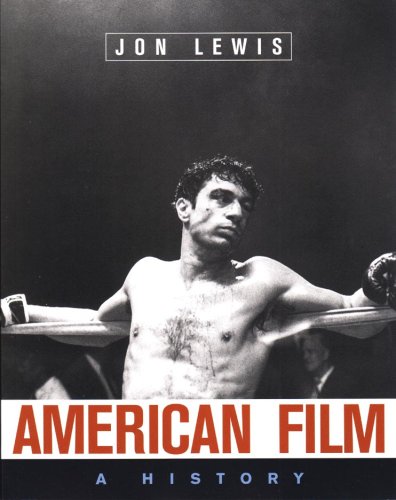*We write this statement from an occupied New School University.*
At 8pm, December 18th, over 75 students reclaimed the cafeteria at the New
School University as an autonomous student center. Students from several
Universities commandeered this space. Students of City College, Borough of
Manhattan Community College, Hunter College and the CUNY Graduate Center are
here participating in this struggle. This is every student's occupation.
If this can happen at the New School, through the organized activity
of 75 dedicated students, it can happen at CUNY. And we certainly have
reason to be upset: On the first day of the Fall 2008 semester, the CUNY
budget was slashed $50.6 million. Massive layoffs plague all our schools.
We are now being told of a looming $600-per-year tuition hike and more
colossal budget cuts to CUNY students and teachers, in a school that was
once FREE.
We will continue this campus occupation until our demands are met.
While the demands tonight are specific to The New School we will not be
satisfied until the students and faculty of CUNY, NYU, all the
consortium schools and beyond, have control over their universities.
Education should be free, student debts should be cancelled, students and
workers should work together to achieve our goals, and we start here.
Please, come out to the New School and support us! Join us! We are at 65 5th
avenue (between 13th and 14th St.). The building will be open to all
consortium students at 7:30am, we invite you to come any time tomorrow, but
particularly at 10:30 when there will be a rally and press conference. The
morning hours will be crucial, and the student-occupiers need to know that
we are not struggling alone!
Our next stop? CUNY.
- CUNY students at The New School in Exile
Contact:
Frank at 718.314.2328, fmanning@gc.cuny.edu
Conor Tom?s Reed at 979.204.9253, cocoreed@gmail.com
----below we attach the communiqu? from all of The New School in Exile-----
An Open Letter: Come Occupy a Building with Us...Now
Dear Friends,
We are writing to you from the inside of the New School Graduate
Faculty Building on 65 5th Ave. We are occupying it. Right now.
Literally.
Students of the New School University, along with our partners from
other universities and groups ? like NYU, Hunter College, City College
of NY, CUNY Graduate Center, and Borough of Manhattan Community
College, have organically risen up to demand the resignation of
President Bob Kerrey, Executive Vice President James Murtha, and Board
Member/torturer Robert B. Millard. We have come
together to prevent our study spaces from being flattened by corporate
bulldozers, to have a say in who runs this school, to demand that the
money we spend on this institution be used to facilitate the creation
of a better society, not to build bigger buildings or invest in
companies that make war. We have come here not only to make demands,
but also to live them. Our presence makes it clear that this school is
ours, and yours, if you are with us.
The outside doors have been closed now, so we can't exactly invite you
in...sorry... We know you wanted a piece of the action, but we'll be
around for quite some time. Join us at 7 AM tomorrow when the doors
open again, or come now to stand outside with a sign in solidarity.
You are cordially invited to join us in any way you can. We are not
going anywhere. In the meantime, check out our Web site:
www.newschoolinexile.com. We have all night to make things
interesting, and the website will continue to be updated. Stay tuned
for the musical pieces, doctoral dissertations, and creative
finger-paintings that seem to be the natural result of 150 students
locked into a building together for a night.
We are here, making decisions collectively, doing teach-ins, listening
to music, studying, singing. We've got an upright bassist, guitarists
and vocalists (If anyone can volunteer a drum-set we'll be well on our
way...). We'll be here until this university changes, or until the
party gets boring (but it doesn't seem likely that will happen). We're
not going anywhere. We hope to see you soon, and if you really can't
wait a few hours ? what the hell ? occupy your own universities or
work spaces.
Come use your voice to declare loudly that this school and this world
are yours. Come use your mind to think up a better world. Come use
your body to create it, one all-nighter in the university cafeteria at
a time. Come stand in solidarity with the students, faculty, and staff
of this university. Come to write letters of support to the people of
the village of Thanh Phong whose parents were murdered by the current
President of the New School during his service in Vietnam. Come join
the struggle with the people of Iraq who are being tortured and killed
by a company funded by this university and represented on the New
School Board of Trustees. Come here to join the uprisings and
outpouring of passionate resistance currently taking place all over
this country, and all over the worlds ? from factory workers in
Chicago to students in Greece. Come for yourself. Come for all of us.
In solidarity,
The New School in Exile

